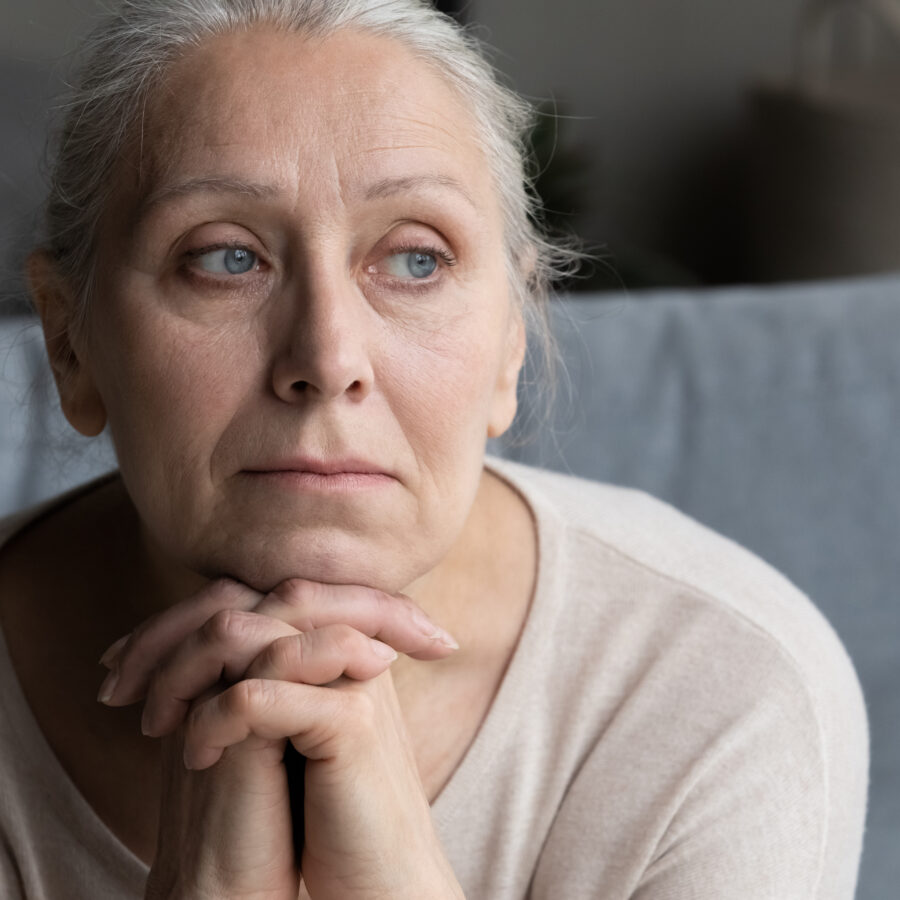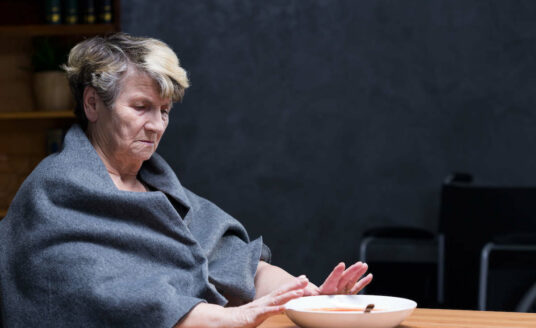It is an honor to be the person your senior loved one counts on as their primary caregiver. But it’s also one of the toughest jobs you’ll ever be asked to do, especially if you’re not emotionally or mentally prepared for all it entails.
Caregiving is like having a second full-time job that doesn’t pay anything. It takes time away from things we love to do, as well as hours we could spend relaxing and recovering from our “other” responsibilities.
Caregiving can also be very challenging psychologically, especially the act of watching someone you love suffer from deteriorating health or experience the agony of dementia. People with memory issues are often combative and unpredictable. It can be difficult to convince them to do even the most basic activities of daily living, like dressing, bathing and eating. Fighting these same battles every day can leave caregivers feeling drained and hopeless, commonly referred to as “caregiver burnout.” Seeing your Mom or Dad struggle is something we’re never quite prepared to handle.
For all of these reasons and more, it’s important for you, as the person responsible for providing care, to also take time out to care for yourself. If you don’t, you become susceptible to burnout and may become unable to effectively carry out your caregiving duties. You may feel like you’re alone in your struggle but, according to the Family Caregiver Alliance, about 44 million Americans over the age of 18 care for a disabled or elderly family member. That equates to about one in every six adults. The bottom line? You aren’t alone!
The need for family caregiving assistance is likely to increase in the future. These days, it seems as if an increasing number of patients are spending less time in a community and more time at home during recovery. Here are some sources of caregiving burnout that may be taking a mental toll on you. Use these as indicators to reach out to others for support or look into alternative forms of care for your loved one.
Sources of caregiver burnout:
- Caregivers are much more likely to suffer from depression. As many as 70 percent are affected by the condition.
- Elevated stress levels are a major issue for caregivers. Increased stress not only makes it tough to recharge mentally and physically, it can also lead to hypertension, weight gain and other ailments that could cause both short-term and long-term problems.
- Additional problems outside of your home can, in turn, cause problems within it, putting stress on your relationships and causing you to have less time to spend with your kids and other loved ones. It can also cause you to be irritable and distant with the people you need the most.
Like many situations, the toughest part of having a problem is admitting you have one in the first place! Because of a sense of loyalty and gratitude toward the people who raised them, caregivers of elderly family members often convince themselves not only that they CAN handle the increased responsibility but that they MUST. However, there are things caregivers can do to keep themselves in the best mental, emotional, and physical state possible and keep caregiver burnout at bay.
What to do to take care of yourself:
- Find an outlet for your troubles. If you find that you’re angry or frustrated, call a “timeout” and do something to regain your sense of calm. For example, breathe deeply, log your thoughts in a journal, listen to some music or take a walk to reset your emotions.
- Make time for yourself. There’s a reason people say things are “what make life worth living.” Anticipating doing something fun is what gets us through the workday. So, make plans to set aside a couple hours to take your spouse to a restaurant or to catch a movie. Sometimes you have to make time even when it seems like you can’t spare any. Otherwise, you become overwhelmed with work and resentful of the time you have to spend taking care of your senior loved one. If Mom or Dad just can’t be alone for a few hours, consider respite care services to give yourself a breather.
- Find some help for yourself: It’s important to have another person to confide in. If you don’t have a spouse or a family member you can talk to about what’s bothering you, talk to a counselor or a senior health professional. Remember that there are resources available to help you and there’s no shame in asking for help. The most important thing to remember is to take care of yourself. Otherwise, you can’t take care of someone else.



